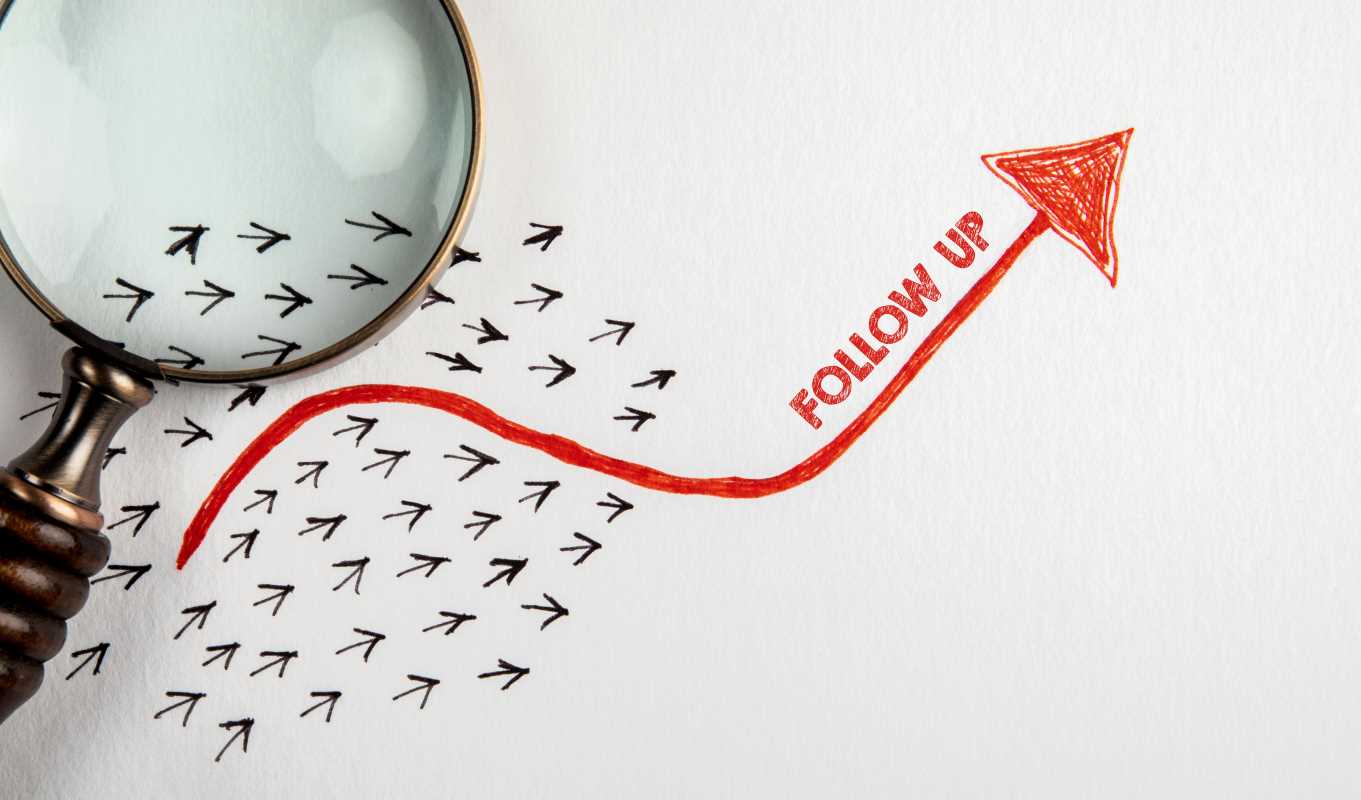Trust is the invisible currency of the professional world. You can't see it or hold it, but without it, partnerships crumble, teams become dysfunctional, and progress grinds to a halt. We often think of trust as something that either exists or doesn't, a simple black-and-white concept. However, it's far more nuanced. Trust is a psychological state, a feeling of confidence and security in another person's integrity and abilities. Understanding the psychology behind how trust is built—and how easily it can be broken—is a superpower in any career. It allows you to move beyond surface-level interactions and create strong, resilient relationships that foster collaboration, open communication, and mutual success. Building trust isn't about grand gestures; it's about a series of small, consistent actions that signal to others that you are reliable and have their best interests at heart.
The Building Blocks of Trust
Psychologically, our brains are wired to constantly assess whether a person is a friend or a foe. In a professional context, this translates to deciding if a colleague, client, or partner is reliable. This assessment isn't based on a single interaction but on a pattern of behavior over time. Researchers have identified several key components that form the foundation of trust. By consciously focusing on these elements, you can be more intentional about building stronger professional bonds.
Consistency and Reliability: The Predictability Factor
One of the most fundamental aspects of trust is predictability. Our brains like patterns. When your words and actions are consistent over time, you become a predictable and therefore reliable figure. This means doing what you say you will do, every single time. If you promise to send a report by Friday, send it by Friday. If you commit to a deadline, meet it. Each fulfilled promise is like a small deposit into a "trust bank."
This doesn't mean you have to be perfect. Everyone makes mistakes. The key is how you handle them. If you know you're going to miss a deadline, communicating this proactively rather than waiting until the last minute shows respect for the other person's time and keeps your reputation for reliability intact. It's the consistent pattern of responsible behavior that makes people feel they can count on you.
Transparency and Honesty: The Power of Openness
Trust cannot survive in an environment of secrets and hidden agendas. Transparency is about being open and honest in your communications, even when the news isn't good. When you share information freely, explain your decision-making process, and are upfront about challenges, you signal to others that you have nothing to hide. This vulnerability can feel risky, but it is essential for creating psychological safety.
For example, if a project is facing budget cuts, a manager who openly discusses the situation and its potential impact with their team will build more trust than one who stays silent and lets rumors circulate. Honesty, even when it's uncomfortable, shows respect for your colleagues. It tells them you see them as partners in solving a problem rather than just workers to be managed.
Empathy and Benevolence: Showing You Care
Trust isn't just about competence; it's also about character. We need to believe that a person is not only capable but also has good intentions toward us. This is where empathy comes in. Empathy is the ability to understand and share the feelings of another person. In a professional setting, it means taking the time to see situations from your colleague's perspective.
You can demonstrate empathy in simple ways:
- Actively listening in a conversation instead of just waiting for your turn to talk.
- Acknowledging a colleague's high workload before asking for their help on a task.
- Showing genuine interest in their well-being beyond work-related topics.
When people feel that you genuinely care about them as individuals, they are more likely to trust you. This feeling of "benevolence"—the belief that you have their best interests at heart—is a powerful glue that holds professional relationships together during stressful times.
Competence and Capability: Proving Your Worth
Ultimately, we need to trust that people are good at their jobs. You can be the most reliable and empathetic person in the world, but if you consistently produce subpar work, it will be difficult for others to trust you with important responsibilities. Demonstrating competence isn't about showing off; it's about consistently delivering high-quality work and showcasing your expertise when appropriate.
This also involves knowing your limits. Being honest about what you don't know can actually build more trust than pretending to have all the answers. It shows self-awareness and a commitment to getting things right, even if it means deferring to someone with more knowledge. When you prove you are capable and committed to excellence, you give others the confidence they need to rely on your professional judgment.
Rebuilding Trust After It's Broken
Trust is fragile. It takes a long time to build but can be shattered in an instant. If you make a mistake that breaks someone's trust, rebuilding it requires a deliberate and humble approach. The first step is to offer a sincere and specific apology. Acknowledge what you did wrong and the impact it had. Take full responsibility without making excuses.
Next, you must demonstrate through your actions that you are committed to not repeating the mistake. This means returning to the core principles of consistency, transparency, and empathy with even more diligence. It will take time, and you cannot rush the process. Every consistent action and every fulfilled promise will slowly help to refill the trust bank. By understanding the psychological drivers behind trust, you can transform your professional interactions from simple transactions into meaningful and productive partnerships.
 (Image via
(Image via





